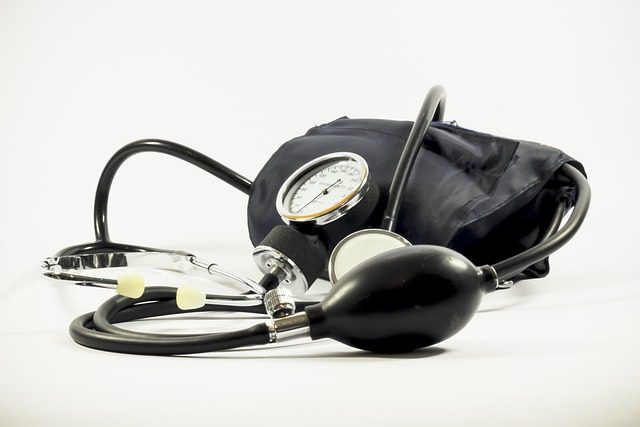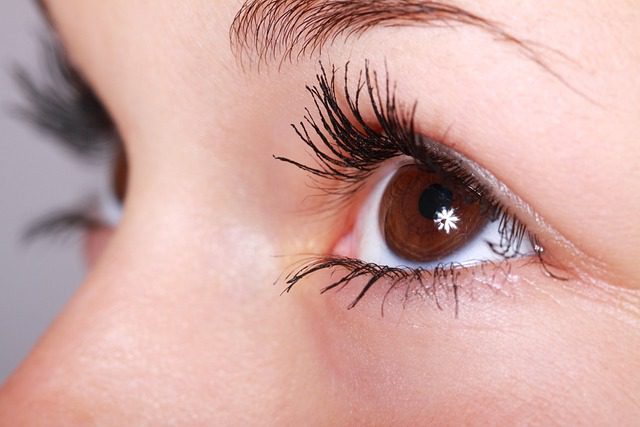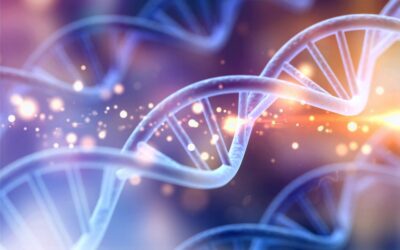A Diagnostic Test as Part of your Naturopathic Treatment
As part of your Naturopathic Consultation and Treatment schedule, Autumn may complete or suggest one or more of the following diagnostic tests.
Blood Pressure Test
A blood pressure reading is regularly done in a consultation. We recommend that clients with heart problems monitor their blood pressure between consults at home or through a pharmacy.
pH Tests
pH tests measure the acidity or alkalinity of a substance, often saliva, blood, or urine. The best time to test pH levels is about 1 hour before and 2 hours after a meal.
Saliva pH Test:
The client may do a saliva test in the clinic within your consultation. It determines the ph-levels in your saliva, which should remain between 6.5 and 7.5 throughout the day. pH levels in saliva show digestive enzyme activity in the body. The stomach, liver, and pancreas primarily manufacture these digestive enzymes. A pH below 6.5 in the body is acidic, either by producing too much acid or by an inability to remove body acids through urine. A low pH can, over time, increase your risk for diseases.
A pH above 6.8 can lead to the body struggling with excess gas, constipation, and the production of yeast, mould, and fungus.
Urine pH Test:
We can also do a pH test of your urine within your consultation. It will show how well your body can remove acids through the urine and how much your body can maintain optimal mineral status. Minerals like sodium, magnesium, calcium, and potassium are ‘buffer minerals’ that the body uses to keep pH levels within an optimal range. Unbalanced pH levels, whether too acidic or too alkaline, force the body to ‘borrow’ minerals from vital organs and bones to neutralize the acid or the alkalis and to remove it from the body safely.
Urine pH levels in the morning should be between 6.0 and 6.5 and in the evening between 6.5 and 7.0.
Zinc Oral Test
Oral Zinc tests determine your body’s zinc status from poor to optimal (grade 1-4). This test consists of taking a mild zinc solution into the mouth and rinsing for several seconds. The taste remaining in the mouth afterward gives clarity about your zinc status.
We can work out a zinc supplementation programme according to your zinc test results.
Blood Test
The naturopathic consult and health questionnaire may pinpoint the need for a blood test. Autumn can fill in a blood test request form to be taken to the local Pathlab with the required tests indicated. If many tests are indicated, Autumn can request your GP to make a referral and reduce the costs or entirely fund the blood tests. These tests are paid for individually.
Regular Blood test requests are:
- Lipids (Cholesterol, Triglycerides, HDL, LDL)
- Diabetes checks (fasting glucose, random glucose)
- Full blood count check (CBC) incl. red blood cells, white blood cells, platelets etc.
- Iron Status: Ferritin (Iron storage)
- Folate and Vitamin B12
- Liver function test
- Kidney function test
- Thyroid Test
Food Allergy / Intolerance Test – Hair Test
With a sample of your hair tested by an EAV (Electro-acupuncture-According to Voll) Hair Analysis machine, we can challenge your tolerance against 200 allergens from foods and environmental substances.
The hair sample is sent away, and the test results take about four weeks to complete and return with your allergy/intolerance report.
Together with your naturopath, the test results can be addressed and can make a great addition to the treatment plan.
Hair Tissue Mineral Analysis (HTMA)
This test measures the mineral content of the hair and may provide indications of mineral imbalances, deficiencies, and toxic elements.
The essential minerals found in the body include calcium, magnesium, sodium, potassium, copper, zinc, iron, Selenium, Chromium, and Manganese, and Molybdenum Phosphorus, cobalt, and boron can be measured by a HTMA.
As well as testing levels of essential minerals, we can test levels of toxic minerals such as lead, mercury, and cadmium.
Within two weeks, the test results are sent back to your naturopath, showing mineral imbalances, toxic overload, or changes that show the effects of your supplementation. After receipt of your test results, Autumn will consider these in your overall treatment plan.
Iridology
Iridology is the study of the Iris, which presents different colours, pigments, and fibres.
Iridology can be used to determine constitutional physiology for the individual, which are inherent strengths and weaknesses.
Iridology does not diagnose illnesses but rather aids the recognition of functional disturbances in the body and can show tendencies in the individual towards imbalance in health as well as the results or consequences of health imbalances.
Tongue Diagnosis
The Chinese Tongue diagnostic test looks at the colour of the tongue’s body, its size and shape, the colour and thickness of its coating or fur, and locations of abnormalities and moistness or dryness of the tongue.
This method can reveal your overall health state, and specific organ functions and disharmonies can be pinpointed from a Chinese medicinal view of the body. Not all tongue irregularities are indications of disharmony.







